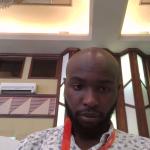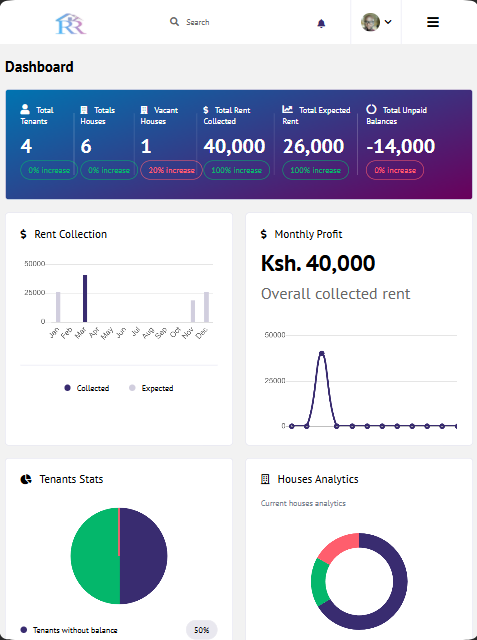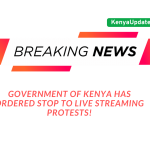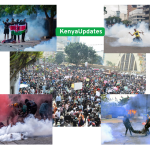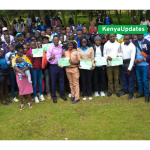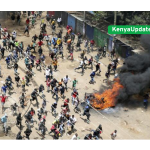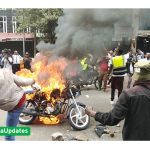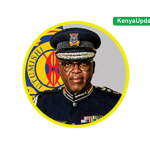Key Findings from the Autopsy:
Cause of Death: Ojwang suffered severe head injuries, neck compression (strangulation), and multiple soft tissue trauma—injuries consistent with external assault, not self-harm.
Evidence of Torture: Pathologists noted bleeding patterns on the scalp, face, and back of the head, along with defensive wounds on his hands, indicating a violent struggle.
Police Narrative Debunked: The National Police Service (NPS) had initially claimed Ojwang "hit his head against a cell wall," but forensic experts ruled this impossible, stating the injuries were too widespread and severe to be self-inflicted 46.
Public Outrage and Demands for Justice:
Ojwang’s father, Meshack Ojwang, tearfully appealed to President William Ruto, accusing police of targeting his son because of their “humble background”.
Human rights groups and the Law Society of Kenya (LSK) have labeled the death an extrajudicial killing, demanding the immediate prosecution of involved officers.
Protests erupted outside Nairobi’s Central Police Station, with activists chanting "Stop killing us!" and calling for an independent investigation.
Ongoing Investigations:
The Independent Policing Oversight Authority (IPOA) has launched a probe, with six officers suspended, including the station commander.
CCTV footage and blood-stained evidence from Ojwang’s cell are being analyzed.
Opposition leader Raila Odinga condemned the killing as part of a "disturbing pattern of police brutality" eroding public trust
Background:
Ojwang was arrested in Homa Bay on June 6 after a complaint by Deputy Inspector General Eliud Lagat, who accused him of defamation on social media. He was transferred 350 km to Nairobi, where he died under suspicious circumstances.
What’s Next?
Pressure mounts on IPOA and the DCI to deliver justice, while Ojwang’s family vows to pursue legal action. The case has reignited debates over police reforms and freedom of expression in Kenya.
Stay tuned for updates as this story develops. KenyaUpdates.co.ke

